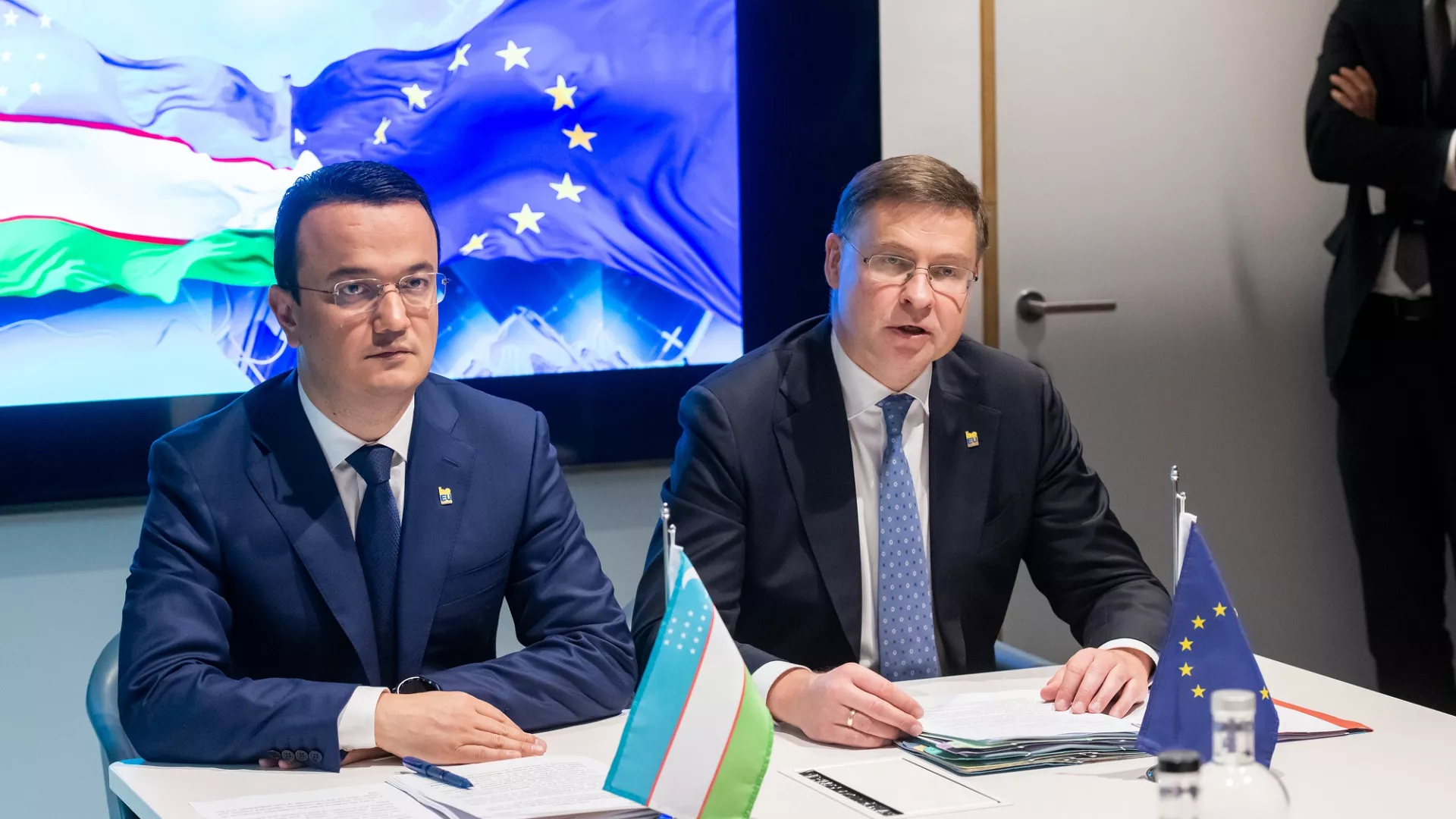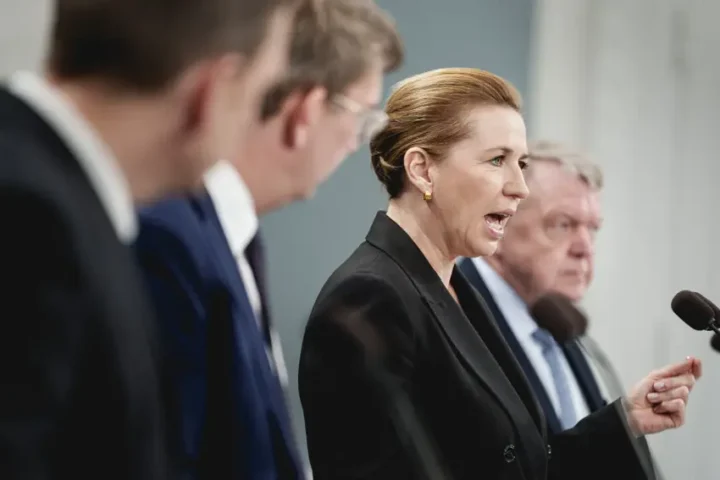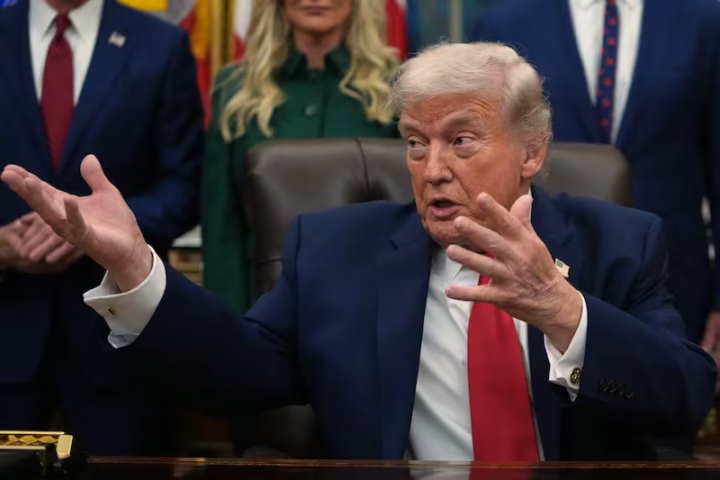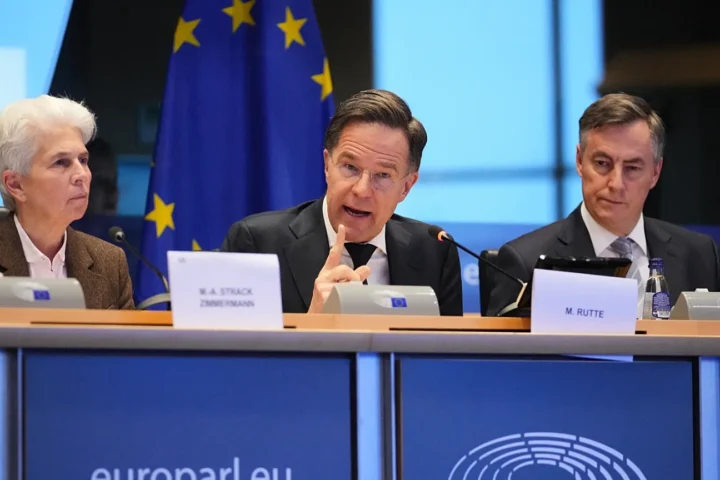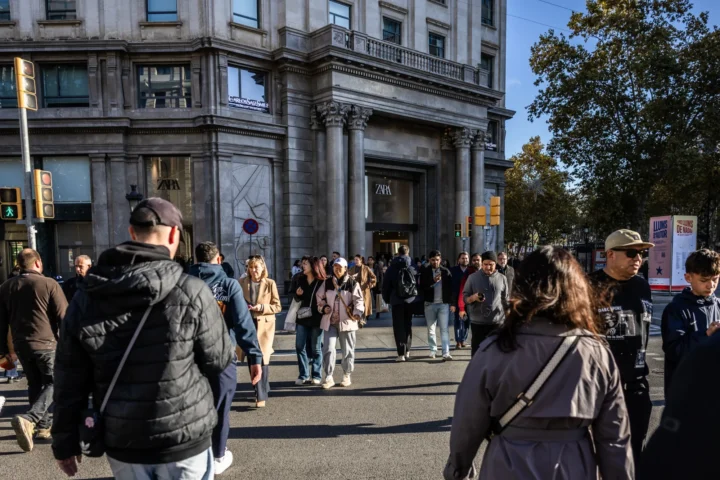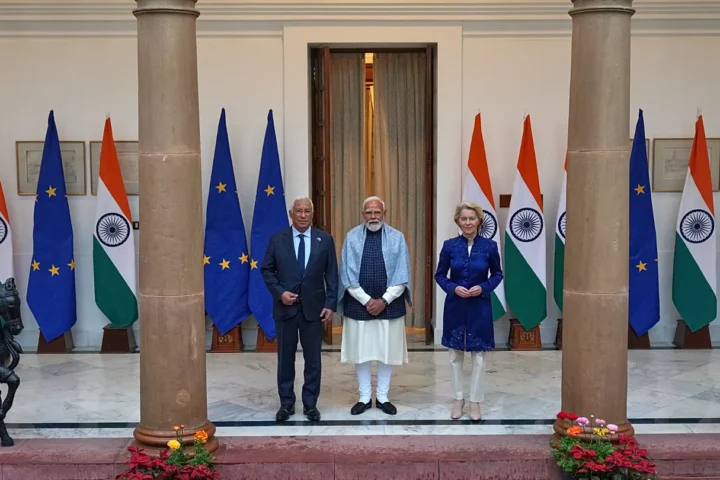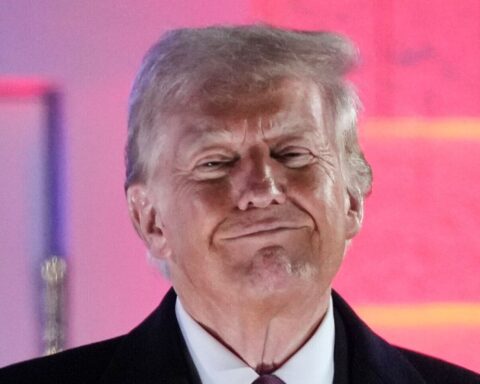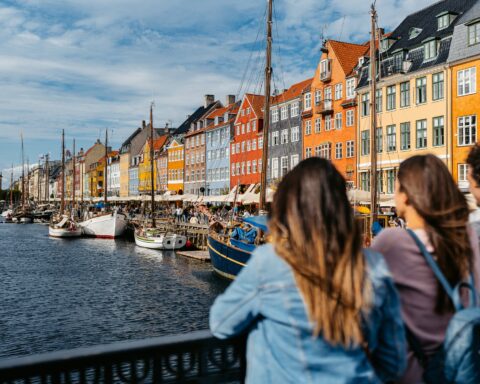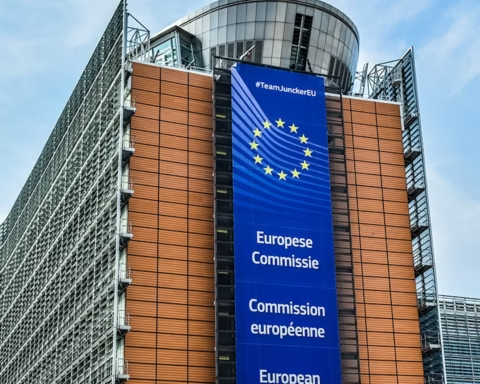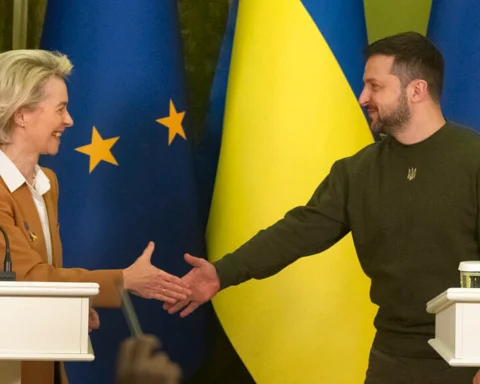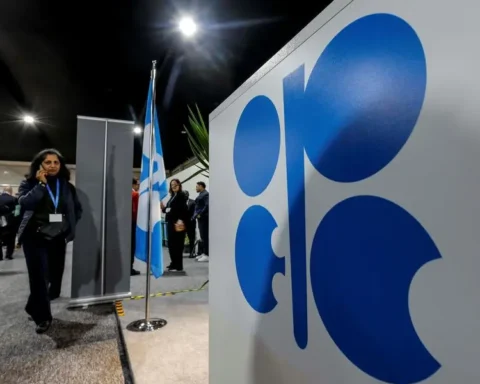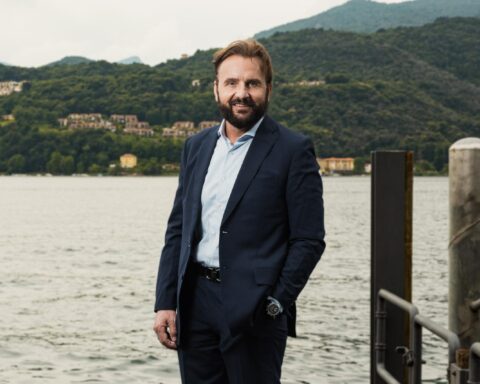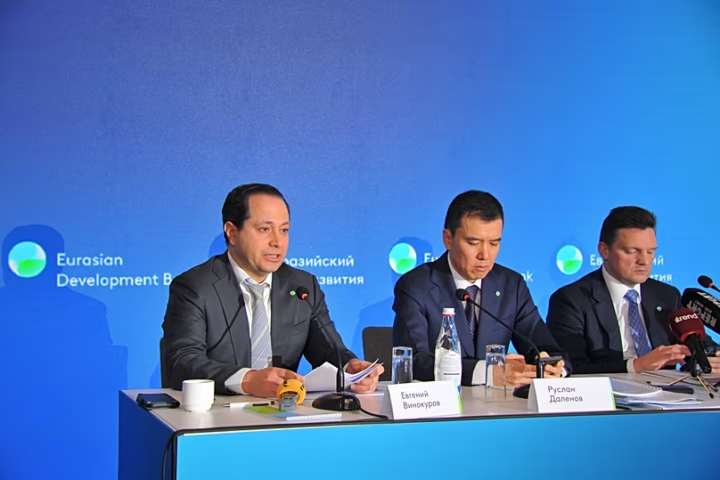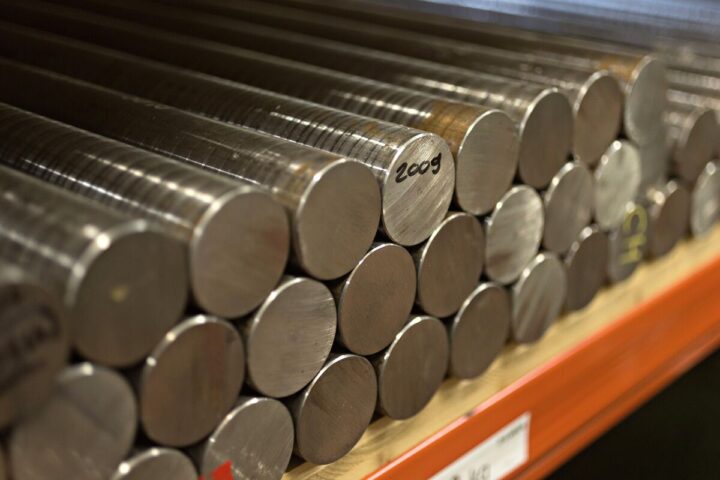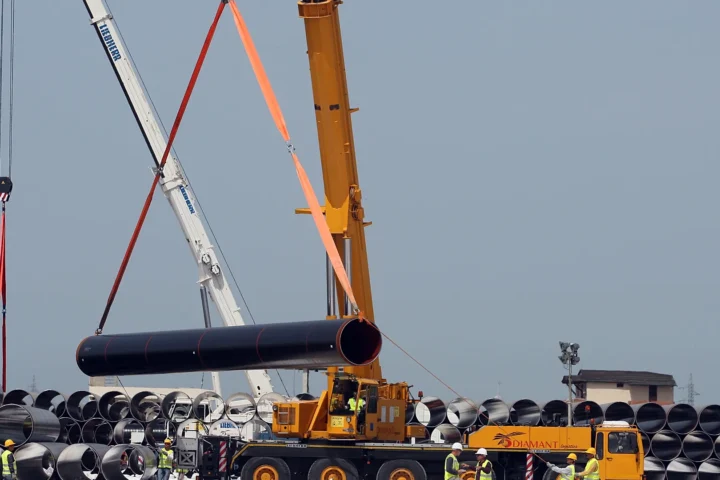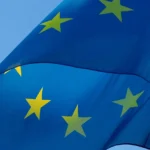In the wake of heightened geopolitical tensions and a growing awareness of the vulnerabilities in global supply chains, the European Union (EU) is intensifying efforts to secure critical raw materials essential for the energy transition. This strategic imperative stems not only from recent geopolitical developments but also from a broader recognition of the necessity to diversify sourcing beyond traditional suppliers.
The EU’s diplomatic endeavors in securing critical raw materials have gained momentum, underscored by strategic partnerships with various nations, each rich in essential elements crucial for the clean energy transition. These agreements, marked by recent collaborations with nations like Uzbekistan and Norway, are part of a concerted effort by the European Commission to mitigate reliance on single or unstable sources of vital materials.
Recognizing the urgency of the situation, the EU has coupled its diplomatic efforts with legislative action. The Critical Raw Materials Action Plan, initiated in September 2020, aims to reduce dependence on external sources by fostering domestic capacity for extraction, processing, and recycling. The subsequent enactment of the Critical Raw Materials Act further solidifies this commitment, identifying 34 elements of critical importance, including rare earth metals, lithium, and copper.
China’s dominance in the rare earth metals market poses a significant challenge to global supply chains. With over half of the world’s known reserves and a formidable processing capacity, China’s influence looms large over the sector. The recent ban on certain technology exports related to rare earth extraction underscores the strategic importance China places on these resources.
In response, the EU and its allies are stepping up efforts to diversify supply chains and reduce dependency on single markets. Initiatives such as the EU-US Trade and Technology Council aim to strengthen mutual supply chains and advance negotiations on critical minerals agreements. Moreover, partnerships with countries like Vietnam and Greenland, rich in rare earth reserves, signal a strategic shift towards securing alternative sources.
However, the challenge extends beyond mere procurement to encompass the broader industrial landscape. Ensuring sufficient demand for these materials within Europe and fostering domestic production of essential technologies are critical aspects of the EU’s strategy. By nurturing partnerships, investing in clean energy initiatives, and promoting technological innovation, the EU and its allies are poised to navigate the complex terrain of critical raw materials with resilience and foresight.
As the world grapples with the implications of resource scarcity and geopolitical tensions, the EU’s proactive stance underscores its commitment to sustainability, innovation, and strategic autonomy. Through diplomatic engagement, legislative action, and international collaboration, the EU is forging a path towards a more resilient and sustainable energy future, underpinned by secure access to critical raw materials.
